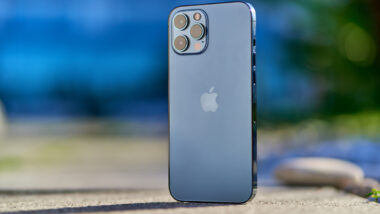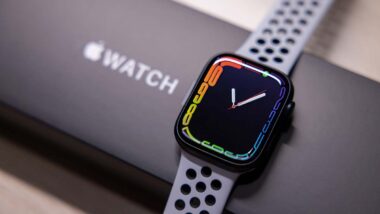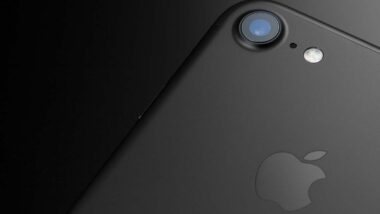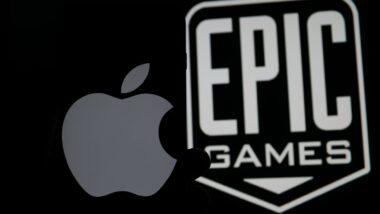Top Class Actions’s website and social media posts use affiliate links. If you make a purchase using such links, we may receive a commission, but it will not result in any additional charges to you. Please review our Affiliate Link Disclosure for more information.
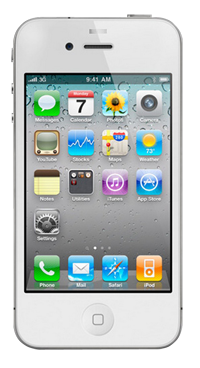
Hilton filed the iPhone class action lawsuit in March 2013 after purchasing her iPhone 4 from AT&T in Florida on October 17, 2011. She said a defect in the iPhone 4 meant that the power button became stuck after a number of uses, rendering many of the functions of the iPhone 4 unusable. She claimed the iPhone power button defect is caused by the premature deterioration of a flex cable connecting the power button to the phone, causing the power button to become harder and harder to depress, until at some point it became completely unresponsive.
Hilton alleged in the iPhone class action lawsuit that the design defect was pervasive, and that all iPhone 4 users in Florida were affected. She brought her class action lawsuit against Apple under California’s Unfair Competition Law; but based on the violations she claimed Apple had committed against Florida’s DUTPA.
California federal judge Gary Allen Feess granted Apple’s motion to dismiss the class action lawsuit on April 18, summarizing, “Violations of the law of a foreign jurisdiction cannot form the basis of a UCL claim. Even if they could, Plaintiff’s FDUTPA allegations have not been pled with the particularity required by Rule 9(b).”
Judge Feess went on to consider Hilton’s request to modify the claim if she could not bring it under the Florida DUTPA. He said that claims such as these must state the alleged fraudulent misrepresentations that occurred in order to satisfy Rule 9(b). He wrote, “The FAC does not describe Defendant’s supposedly fraudulent misrepresentations or omissions with particularity,” and specifically “there are no allegations relating to when Apple became aware of a product defect, and therefore began omitting that information. Further, Plaintiff does not provide the specific content of any advertisements in which Apple ‘tout[ed] the iPhone as an innovative technological marvel,'” as Hilton claimed in her original class action lawsuit filing.
The judge decided to grant her request to amend the iPhone 4 class action lawsuit, but with a warning. “Plaintiff has therefore already been given the opportunity to add particular allegations and has not done so,” he wrote. “Accordingly, while the Court will grant Plaintiff leave to amend her complaint, Plaintiff will be given only this one additional opportunity to meet the pleading standard imposed upon her by Rule 9(b).”
In Hilton’s original iPhone class action lawsuit filing, she claimed, “[t]he failure of the power button that has plagued the iPhone 4 is more than an inconvenience. As a method by which the phone is toggled on and off, the failure of the button precludes general use of the phone and thereby effectively prevents iPhone 4 owners from being able to use the phone.” The class action lawsuit claimed that thousands of iPhone 4 users have also found their phones to have a defective power button, forcing them to replace their phone with a different model or pay Apple $149.99 plus shipping for a replacement.
Hilton is represented by Roy Katriel of The Katriel Law Firm.
The iPhone 4 Power Button Defect Class Action Lawsuit case is Debra Hilton v. Apple Inc., Case No. 13-cv-2167, U.S. District Court for the Northern District of California.
ATTORNEY ADVERTISING
Top Class Actions is a Proud Member of the American Bar Association
LEGAL INFORMATION IS NOT LEGAL ADVICE
Top Class Actions Legal Statement
©2008 – 2024 Top Class Actions® LLC
Various Trademarks held by their respective owners
This website is not intended for viewing or usage by European Union citizens.




